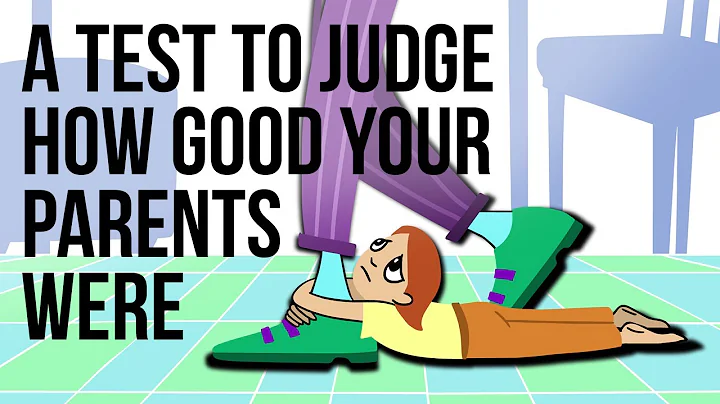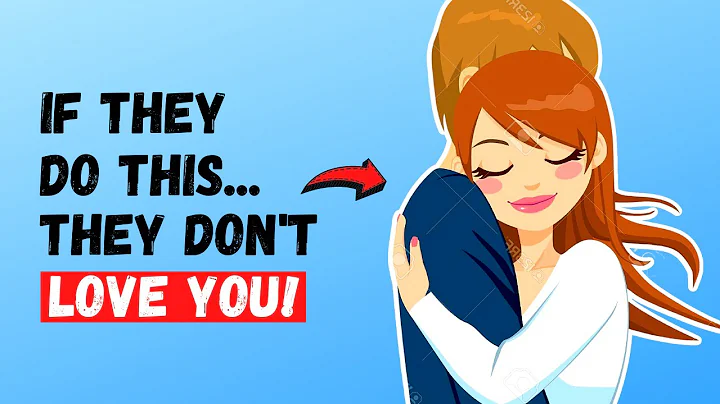.
David is a successful businessman with a successful family and career. However, he suffers from chronic depression due to being emotionally neglected by his parents in childhood. He never expresses his emotions, and therefore, his wife chooses to divorce him.
David's birth was an accident, because his parents were already old and had basically lost their ability to move, so they were unable to raise him.
Throughout his childhood, it can be said that David raised himself. He was responsible for and solved everything by himself, and never told his parents.
Because of his parents' words, deeds, and even expressions, he told David not to express his emotions and needs, not to talk, not to ask.
So no matter what problems he encountered, he never told his parents, but solved them himself.
As an adult, he showed emotional restriction and self-isolation. His wife felt that he was cold, never expressed her feelings or showed any emotions. She felt that their relationship was empty and meaningless, and they eventually divorced.
The lack of emotion in childhood made David think "never have feelings, never show feelings, and never ask for anything from anyone."
As a result, he lost his wife and suffered from chronic depression, which was all caused by his parents. Emotionally neglectful of him.
Neglected children are often caused by the influence of these types of parents.

Jonice Webb | Huazhang Academy
01
Type 1: Narcissistic Parents
Narcissistic parents can never understand or consider their children's feelings.
They never realize that their children are individuals independent of themselves. Instead, they view their children as mere extensions of themselves.
Children's needs are actually defined by the parents' own needs. If the children want to express their wishes, they will teach the children that this is selfish and inconsiderate.
They will demand their children with a "perfect personality". If they do not meet their requirements, they will be severely criticized and may even feel that their children have embarrassed themselves.
Type 2: Authoritarian parents
Authoritarian parents will punish or beat and scold their children, but will not discuss a problem or thing with their children at all.
They never consider their children's feelings and thoughts, and they never ask what their children's needs are. They often regulate their children by the behavior that other children should have.
Children only feel loved if they obey their parents quietly and completely. Unfortunately, the reverse is also true. If a child questions a parent's request, the parent will not only feel disrespected, but also rejected.
Type 3: Indulgent Parents
Indulgent parents’ motto is “Don’t worry, be happy.”
Their approach to education can be seen as taking the approach that is least susceptible to resistance.
At best, they just want their children to be happy. At worst, they don't want to do the work of educating their children. Either way, they do not establish any limits, rules, or strong adult figures for their children to rebel against during adolescence.
They never say "no" to their children and create an " idyllic " childhood for their children.
Type 4: Divorced/widowed parents
Divorced/widowed parents will work very hard and have no extra time to take care of their children. If they treat their lives with negative thinking, then the children will be easily Hurt.
They will ignore their children's feelings and needs and never give them the care and love they deserve.
Therefore, children often feel that they live in a gray world, without warmth and love, only indifference and negativity.
02
Type 5: Addictive parents
Addictive parents may be addicted to online shopping, online games, smoking , alcohol, etc.
As soon as they are exposed to something that makes them addictive, they will behave inconsistently with their behavior.They may wander off occasionally, or they may act like two completely different people, making it impossible for the children to guess what kind of personality their parents are.
Children who grow up in such an environment will feel anxious, worried and vaguely insecure, often accompanied by sad memories.
Type 6: Depressive Parents
Depressive parents lack energy and enthusiasm for the work of raising children.
They rarely provide comfort and encouragement to their children, and they even have no ability to deal with their children's problems, and their control is very weak, so that the children do not know how to deal with themselves when facing a rebellious period or encountering something sad. Soothe.
Therefore, children will resort to extreme means to relieve themselves, such as cutting their hands, taking drugs or alcohol.
When children grow up, they will easily lose control and may also become depressed.
Type 7: Workaholic Parents
Workaholics are typically highly motivated, successful people who are revered and sought after by their colleagues, family, and community.
They work long hours, are obsessed with work, and have relatively insufficient energy to give their children their needs and feelings.
can give children rich material things, but it cannot give children emotional sustenance and cannot meet their emotional needs.
Children who grow up in such an environment will think that achievement is as light as a feather and there is no difficulty at all. But more or less, because of this, they feel that their self-worth is low, their self-esteem is low, and they are not taken seriously, so they resort to extreme means to attract their parents' attention.
For example, skipping classes, taking drugs, smoking, etc.
uses this to attract parents' attention and show its own value.
Type 8: Parents who take care of sick or injured family members
Parents who have sick family members often ignore their children's emotions.
Parents often go to the hospital frequently, and their children can only heat their own meals and sit alone in front of the TV.
Because her parents don’t have time to take care of herself, she has to rely on herself for everything and even dare not express her emotional needs to her parents.
Children who grow up in this kind of family will mature earlier and give people the impression of being standard adults.
03
Type 9: Achievement/Perfection-Oriented Parents
Perfection-oriented parents never seem to be satisfied with their children and always have their own set of perfect standards for their children.
If their children fail to meet their requirements, they will punish them or give them more homework, and never care about their children's feelings and emotional needs.
Children who have been emotionally neglected always feel that there is an emotional hole in their self-perception when they grow up. They lack love for themselves and the ability to emotionally resonate with others.
Type 10: Antisocial Parents
Sociopaths lack a sense of guilt, empathy, and the ability to empathize.
They can talk freely and do whatever they want, but the next day they basically feel nothing, as if nothing happened.
If a sociopath cannot control you, he will despise you. He uses dirty tricks to get his way, and if that doesn't work, he'll bully you. If that fails, he will try to hurt you in retaliation.
Type 11: Children are parents
They will allow, encourage or force their children to act like an adult parent and take care of them or themselves.
will put the responsibilities of parents on their children, but they themselves take it for granted.
Children who grow up in this kind of family environment will become adults overnight, which is precocious puberty.
Type 12: "It's all for your own good" type of parent
"It's all for your own good" may seem like a good statement, but it is the biggest culprit of harming children.
This type of parents imposes their demands on their children. If their children disobey, they will scold, attack, and deny them.
They cannot have emotional resonance with their children. They do not know what their children can and cannot do, let alone their own children.
also spends very little time and energy on his children.
I am @xianglin, and I will accompany you to write for life





















